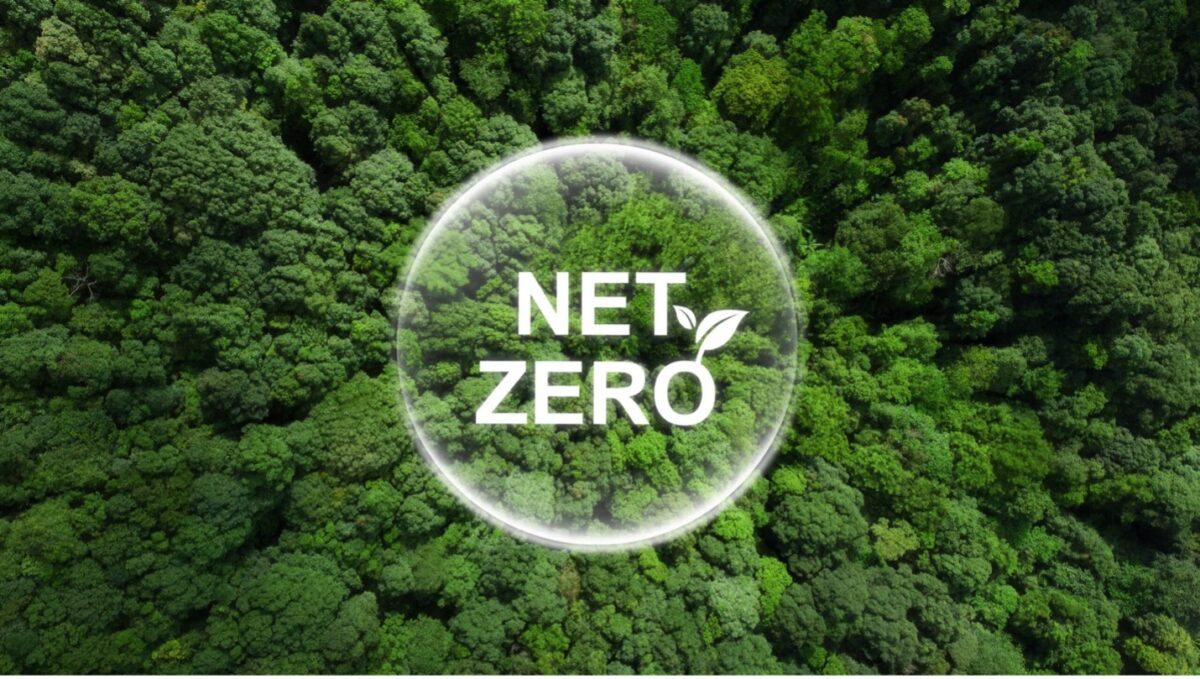Living Future’s Zero Carbon Certification:
Counting Operational and Embodied Carbon

The Living Future Zero Carbon Certification (ZCC) is a rigorous standard ensuring buildings eliminate both operational and embodied carbon—a critical step in decarbonizing real estate.
As global real estate investors, funds, and owner-operators face increasing regulatory and financial pressures to decarbonize assets, ZCC serves as a strategic tool for aligning with investor priorities and complying with evolving EU regulations and frameworks such as CSRD, CRREM, SFDR and EU Taxonomy.
How It Works
Administered by the International Living Future Institute (ILFI), ZCC requires projects to:
- Achieve Zero Operational Carbon – 100% powered by renewables, on-site or procured.
- Offset Embodied Carbon – Measure and fully compensate for construction-related emissions.
- Track Performance – Maintain zero-carbon status through third-party verification.
Unlike net-zero energy certifications, ZCC directly addresses embodied carbon, often overlooked yet significant.
Why It Matters
- Future-Proofing Real Estate
With tightening regulations and investor ESG priorities, certified buildings are de-risked and more resilient in a decarbonizing economy. - Cost and Operational Benefits
Running exclusively on renewables reduces energy price volatility and maintenance costs, enhancing long-term savings. - Market Competitiveness
Corporate tenants increasingly seek verified low-carbon spaces, improving occupancy rates and asset valuation. - Environmental and Social Impact
ZCC buildings reduce urban emissions, support clean energy adoption, and set a benchmark for industry progress.
How ZCC Compares to Other Net Zero Standards
LEED Zero
LEED Zero, administered by the U.S. Green Building Council, certifies buildings that achieve net zero for carbon, energy, water, or waste. Unlike ZCC, which focuses specifically on operational and embodied carbon, LEED Zero allows for a broader approach, addressing other sustainability factors beyond emissions.
UK Net Zero Carbon
The UK Net Zero Carbon framework, established by the UK Green Building Council, emphasizes whole-life carbon accounting, including construction, operation, and end-of-life emissions. While ZCC similarly accounts for both operational and embodied carbon, UK Net Zero Carbon places a stronger focus on lifecycle emissions analysis and long-term asset decarbonization strategies.
CRREM
ZCC supports alignment with CRREM by helping buildings meet or exceed carbon intensity reduction targets, reducing the risk of stranded assets as regulations tighten. With third-party verification, it strengthens ESG reporting and provides investors with reliable carbon data. Additionally, ZCC offers a structured framework for decarbonization, aiding property owners in implementing long-term sustainability strategies that align with CRREM pathways.
Conclusion
ZCC is a high-integrity certification that aligns buildings with climate goals while delivering tangible benefits for owners, tenants, and communities. As real estate decarbonization accelerates, verified zero-carbon assets will stand out as resilient, future-proof investments, ensuring both compliance and competitive advantage in a rapidly changing regulatory and investment landscape.
